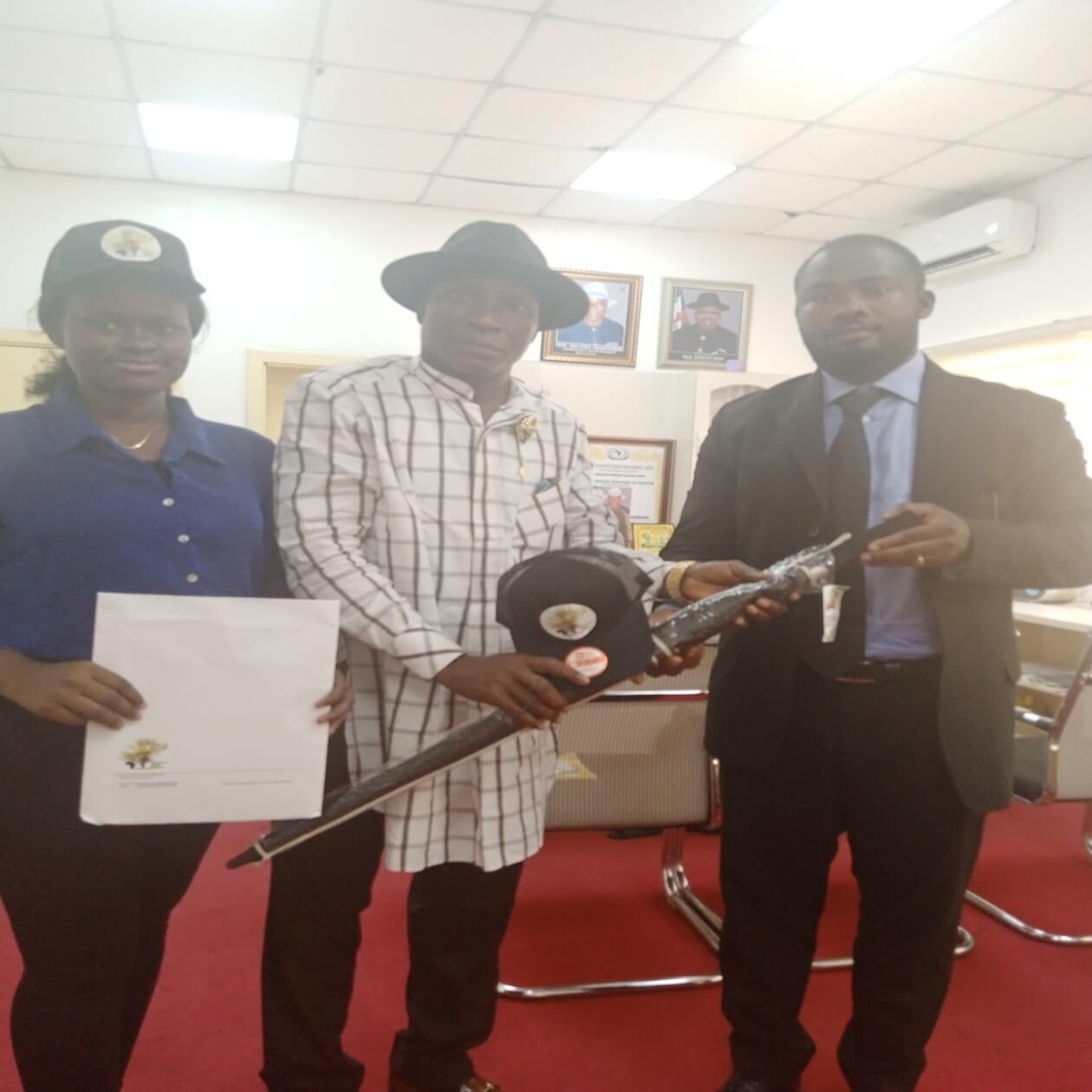The Intergovernmental Panel on Climate Change (IPCC) is preparing the most comprehensive assessment on the state of global heating since 2013. In the coming weeks scientist will go through their findings, line by line with representatives of 195 governments. Experts say the report will be a’’ wakeup call’’ to governments. It is expected that the 40 page summary for policy makers will play an important role in guiding global leaders who will go to Glasgow in November to deal with a critical climate questions. As the world has warmed over 30 years, the IPCC has become the important platform for summarising the state of scientific understanding of the problem its impacts and solutions. Climate change triggered by the emission of greenhouse gas is a stark reality and the question of the role played by human induced climate change is been asked more loudly than ever.
Reports have shown that Africa suffers most, and the Niger Delta region of Nigeria seems to be particularly vulnerable in this regard in view of the continued exploration of oil and gas in the region. The Niger Delta region which covers a land mass of over 70,000 km, cuts across 800 0il-producing communities, and is the worst hit by oil spillages and gas flaring. With an extensive network of more than 900 oil wells, 100 flow stations and gas plants, over 1,500 km of trunk lines, and some 45,000 km of oil and gas flow lines. The region is faced with seasonal flooding, increase in temperature, high precipitation, erosion etc. The Niger Delta region has become synonymous with oil pollution, recording an average number of 221 oil spills per year, which makes the Niger Delta region the most polluted region in the world.
On the 12th of July 2021 Puregreen Africa Initiative took its message of tree planting as a tool against climate change in Africa to the Ministry of Environment Bayelsa State as part her larger program (plant 58,500 trees for Niger Delta against climate change).The presentation for collaboration was made by Puregreen Africa Initiative official representative Mr Omez M. Godspower to the Commissioner of Environment Bayelsa State Hon. Iselema Gbaranbiri. The commissioner thanked the team of Puregreen Africa Initiative officials and commended the Initiative and promised the full support of the Ministry of Environment Bayelsa State for the smooth running of the programme.
The programme which will see Puregreen Africa Initiative alongside with Department of Crop and Science Niger Delta University Amassoma, plant at least 8,500 trees within Yenagoa and its environs and also carry out public awareness programs on climate change adaptation in the state. Puregreen Africa Initiative after under scoring all factors and drivers of climate change in the Niger Delta launched its programme of 58,500 trees against climate change in the Niger Delta region on the 14th of April at the Niger Delta University Wilberforce Island, Amassoma, Bayelsa State.
WHY TREES?
Tress afford a veritable defence against climate change, trees has huge potentials for carbon drawdown, trees are natural carbon sink, they combat greenhouse gases, gives oxygen, trees moderates the intensity of the sun, rain, and wind. Trees makes the Environment cleaner, fresher and healthier thereby impacting directly the quality of life of the people. Puregreen Africa Initiative believes that planting trees in our Environment is one efficient way in combating climate change in Africa .Tree planting is low in economic cost and a nature based solution to climate change, High point of the event include the presentation of gift items by Puregreen Africa Initiative officials to the Hon. Commissioner Ministry of Environment Bayelsa State.


